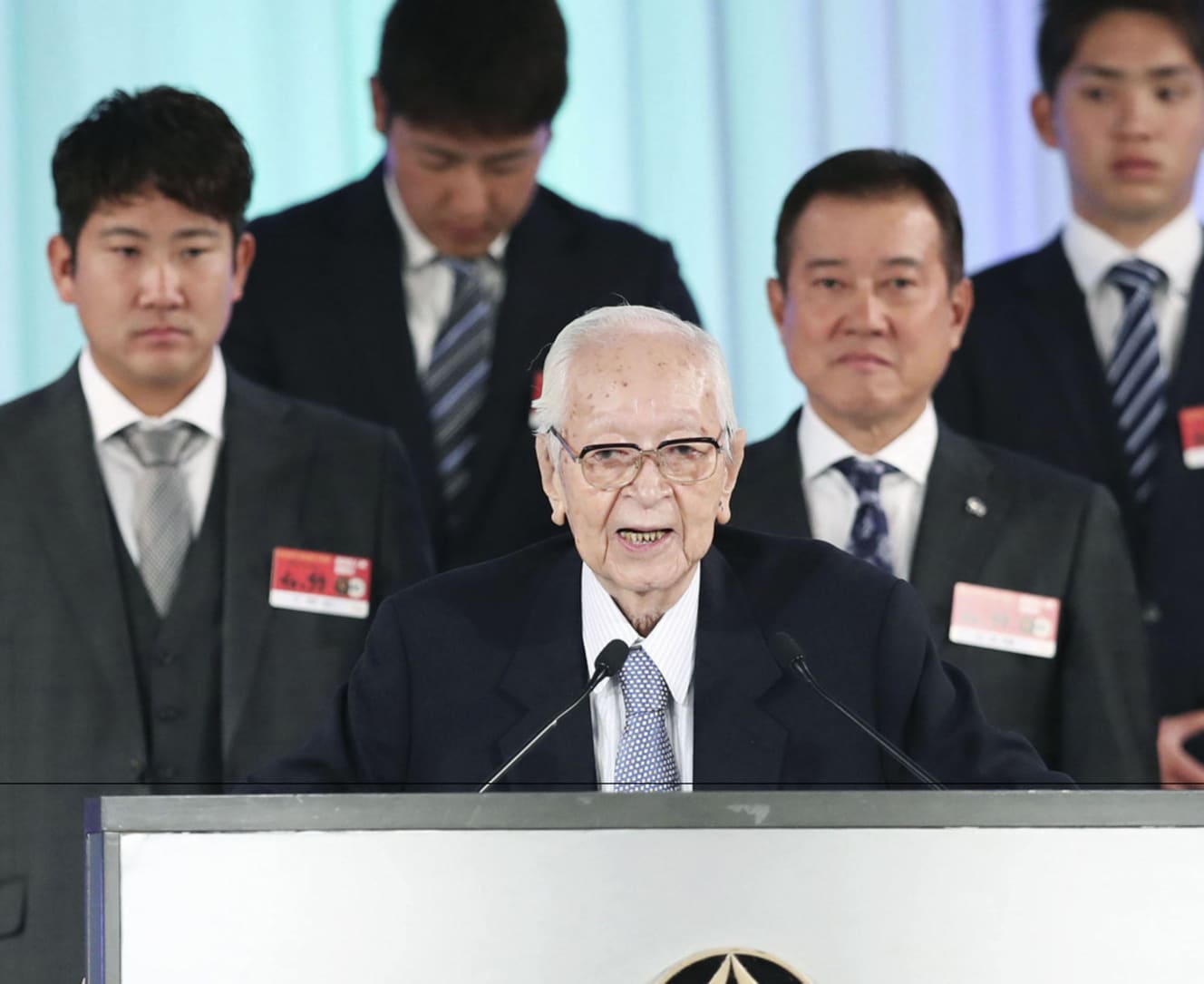Yomiuri’s reporter fired for leaking information, but chief editor brags about past part-time writing

On September 30, a male reporter in the Social Affairs Department of the Tokyo Head Office of the Yomiuri Shimbun, 32, was disciplined and dismissed for leaking information he learned in his reporting to a reporter from a weekly magazine and a female reporter from a TV station.
It is against the law for newspaper reporters to leak information on investigations by the Tokyo District Public Prosecutors Office obtained through interviews, as well as published materials, to outside parties. Talking about it is also a leak of information, and writing a manuscript without being identified is also a leak of information.
Riichiro Maeki, editor-in-chief of the Yomiuri Shimbun’s Tokyo head office, said
The Yomiuri Shimbun’s Tokyo headquarters editorial director, Riichiro Maeki, said, “Leaking journalistic information is against journalist ethics and is never allowed. We apologize for betraying the trust of our reporting clients and damaging our credibility as a news organization. We will do our utmost to prevent a recurrence.
I will do my best to prevent a recurrence.
In the meantime, I found an interesting article. “In the June 8, 2012 issue of “Shukan Asahi,” there was an interesting article titled “Health Questions and Answers from a Health Care Expert. The doctor and I were talking with Tsuneo Watanabe, the chairman of the Yomiuri Shimbun Group, who is also influential in the political world as the “don of the media world. At the time, he was chairman of the board.
Mr. Watanabe, who is known as “Mr. Navetsune,” tells the saga of how he used to write part-time articles for a weekly magazine when he was a young political reporter in Nagata-cho. It was a great talk.
According to Mr. Nabetsune, the media he wrote part-time articles for were “Shukan Shincho,” “Shukan Bunshun,” “Shukan Gendai,” “Shukan Asahi Geinojo,” and so on. She herself admitted that she had successfully “leaked” the valuable information she had acquired as a political reporter.
It can be inferred from the fact that he states that he was paid a gratuity for his work as a “part-time writer. Even if he was paid nothing, it is still a leak of information. Only he and his editor know what kind of manuscript he was writing, but since he himself is talking about it in a weekly magazine, he must not be misremembering.
In the interview, Mr. Nabetsune refused to say that he had been writing part-time manuscripts until he became the head of the political department, and used that as an excuse. In light of this, the leak of information by the Social Affairs reporter who was disciplined and dismissed should not have been punished so severely.
In addition, Mr. Nabetsune said in the interview, “I once quit smoking.
I quit smoking once,” he said. I quit smoking once. At a company board meeting, we made a bet of 10,000 yen each on whether or not we could quit smoking for six months. In the end, I made it for six months and made more than 100,000 yen.
………….
It is said that the board of directors of one of Japan’s leading newspapers had a betting session and also exchanged money. “The editor-in-chief of the newspaper commented on the matter, “It is against the ethics of journalists and is never allowed.” He confessed to leaking information and spending money, even if it was just for fun. It is also laughable that Mr. Nabetsune, who was 86 years old at the time, talks about it as if he is proud of it.
Text: Watabe Wataru (Entertainment writer)
After working as a desk clerk for the culture department of an evening newspaper, an editorial staff member of a publishing company, and a copywriter, he became a freelance entertainment writer. He covers all aspects of the entertainment industry, including movies, theater, performing arts, and music. He also writes undercover as a ghostwriter for talent books and other publications.
PHOTO: Ichiro Takatsuka